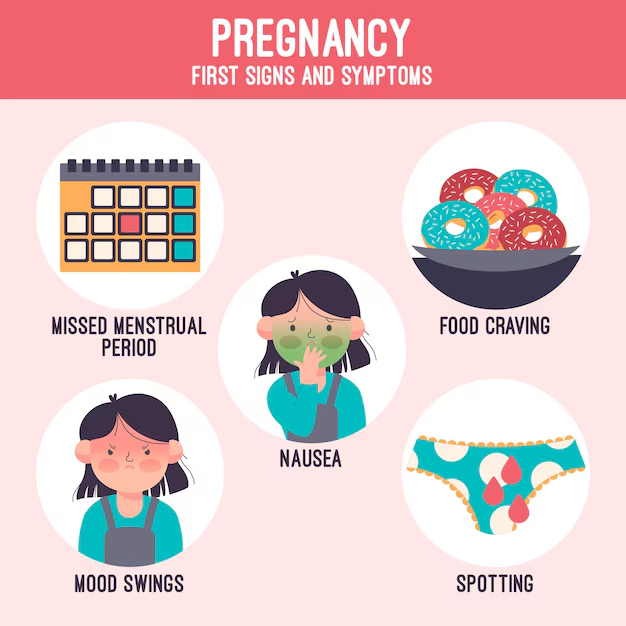Resting after meals

Morning sickness is one of the most common and challenging symptoms in early pregnancy. Characterized by nausea, vomiting, or a general feeling of queasiness, it often strikes in the first trimester and, despite the name, can occur at any time of day. While many tips exist to ease this discomfort, one often-overlooked remedy is resting after meals. This simple habit can make a significant difference in how you feel during the day.
Why Morning Sickness Happens
Before we dive into solutions, let’s briefly understand the cause. Morning sickness is typically triggered by:
-
Rising hormone levels, especially hCG (human chorionic gonadotropin)
-
Heightened sense of smell and taste
-
Low blood sugar
-
A sensitive digestive system
Since food and digestion are closely tied to nausea, how and when you eat and what you do after eating can greatly affect your symptoms.
The Role of Resting After Meals
Resting after meals doesn’t mean falling asleep immediately, but rather sitting or reclining in a comfortable, upright position for 20–30 minutes after eating. Here’s how it can help:
1. Supports Better Digestion
Lying down immediately after eating can slow digestion and increase the chance of acid reflux, especially in pregnant women whose digestion is already slowed due to hormonal changes. However, gentle resting such as leaning back or reclining slightly gives your body the chance to process the food without strain.
2. Reduces Nausea and Bloating
When you're physically active right after eating, your stomach may churn, leading to discomfort or even vomiting. Calm rest allows your body to adjust and may prevent nausea from intensifying, especially if you've just had a meal or snack.
3. Helps Stabilize Blood Sugar
Stable blood sugar levels are essential in pregnancy. Resting allows nutrients to be absorbed efficiently, helping you maintain steadier blood sugar and energy levels — both of which can ward off nausea spells.
Tips for Resting Effectively After Meals
Here are some practical ways to make post-meal rest part of your daily routine:
✅ Create a Calm Space: Choose a quiet, cozy spot where you can sit or recline without distractions. Soft lighting and calming music can enhance relaxation.
✅ Elevate Your Upper Body: Use pillows to support your back. A 45-degree angle is ideal — not too flat and not too upright.
✅ Practice Deep Breathing: Gentle breathing can relax your nervous system and calm your stomach.
✅ Avoid Screens Right Away: Scrolling on your phone or watching intense content can stimulate your senses too much. Try just resting in silence or listening to a calming podcast.
✅ Stay Hydrated — Wisely: Drink small sips of water during rest but avoid large amounts immediately after meals to prevent bloating.
Bonus Tip: Combine with Small, Frequent Meals
Eating smaller, more frequent meals throughout the day and resting after each can be even more effective. This prevents your stomach from becoming too full or too empty, both of which can trigger nausea.
When to Seek Help
While morning sickness is a normal part of pregnancy, severe or persistent vomiting (known as hyperemesis gravidarum) may require medical attention. If you’re losing weight, feeling dehydrated, or can’t keep anything down, consult your healthcare provider immediately.
Conclusion
Pregnancy is a journey filled with changes, and your body needs extra care. Incorporating rest after meals is a simple, low-effort practice that can ease morning sickness and promote better digestion. By listening to your body and allowing it moments of calm, you're not only supporting your well-being but also creating a healthier environment for your baby.
Take it slow, be kind to yourself, and remember even small changes can bring big relief.
Related Articles

Common Symptoms in the First Trimester and How to Manage Them

What to Expect During Your First Period

What is a menstrual cycle?

Knowing when mood changes need help

Safe disposal of used products

Natural masks for glowing skin

Setting up the nursery

How Your Menstrual Cycle Changes with Age